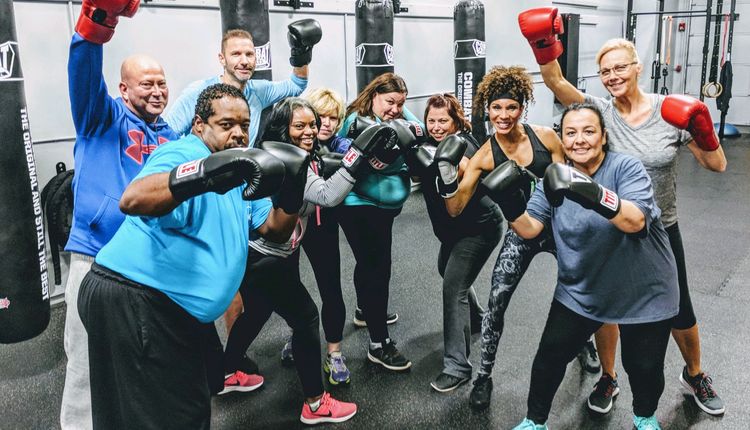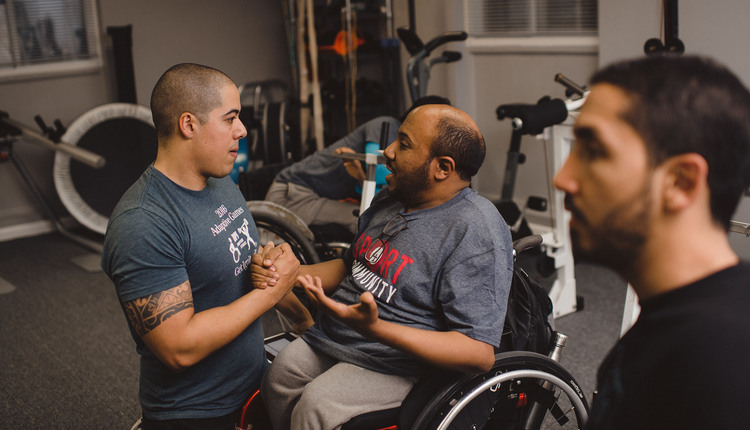
It’s not uncommon to hear business owners, across industries, who have a business degree claim that there are more aspects of being in business that they didn’t learn about in business school than they would have ever imagined. This is certainly not to downplay the value of a business degree; but without a doubt, it’s the hands-on, practical experience in the trenches of business that often teach the most valuable lessons.
Here are ten lessons about your fitness business that you probably won’t learn in business school:
1. The client is not always right
While client relationship management is likely discussed as a cornerstone of good business practice, how to manage difficult situations with the spectrum of personalities you’ll come across can only be learned through practice and experience.
2. The importance of self-awareness (emotional intelligence)
The single greatest influence on your business is you, the owner. A deep understanding of how you think, how you operate under pressure, how you work best, manage your time, manage people, and manage your emotions, among other factors, will perhaps have the single greatest impact on the trajectory of your business. Self-awareness through increased emotional intelligence is achieved with consistent and life-long self-development, mentorship and self-reflection…likely not by textbooks in the classroom.
3. How to develop as a leader
Leadership studies continue to grow in popularity in the academic setting, but leadership is largely a developable skill gained through practice and experience.
4. How to write sales copy that appeals to your direct audience (and selling in general)
The art of writing effective sales copy first requires a deep understanding of your core clientele and how to speak to them, the verbiage you use and the emotions you elicit. Writing sales copy that works for your business (in the case you’re doing it yourself) takes continued research, practice and tracking.
5. How to attract a loyal following and cultivate community
Marketing tactics to appeal to a certain demographic and retention strategies are likely covered in the classroom, but how you, as a brand, appeal to and maintain a loyal following requires the less tangible skills of interpersonal communication.
6. How to deal with failure and resiliency
You will fail. Big or small, failure is almost inevitable as a business owner. No course or textbook can prepare you adequately on how you, individually, respond to failure.
7. The impact of mindset
You may have a rock-solid business plan and know your key performance indicators inside-and-out, but without the right mindset, your optimal business success will be likely be thwarted.
8. How to develop habits for optimal personal productivity
Assessing and developing regular habits that have a direct impact on productivity aren’t likely covered in university lecture halls but imperative for a sustainable business.
9. What work-life balance looks like and how to achieve it
No curriculum can determine, or even define, what work-life balance looks like for any individual.
10. A business degree doesn’t determine the outcome of your success
There are many business owners who believe they are at a disadvantage if they don’t have a business degree. A look at Steve Jobs, Richard Branson, Dave Thomas or Rachael Ray is a testament that success isn’t contingent on a college degree.
Some may call it the “School of Hard Knocks” or simply “paying your dues;” but it’s no question that what you learn in the real world of owning a business can never be fully taught in school.

















